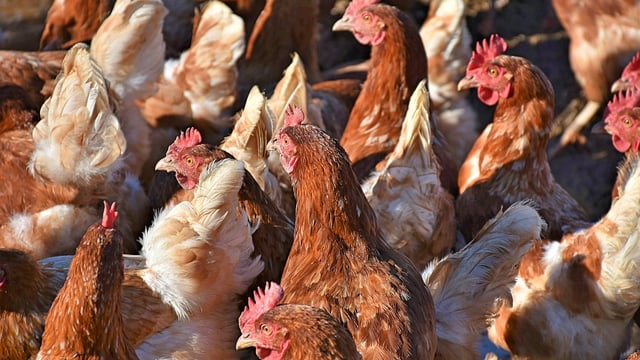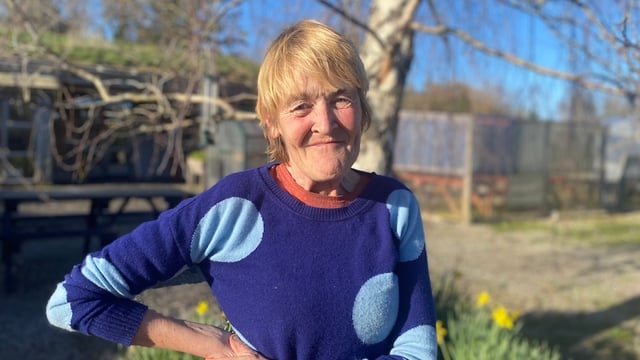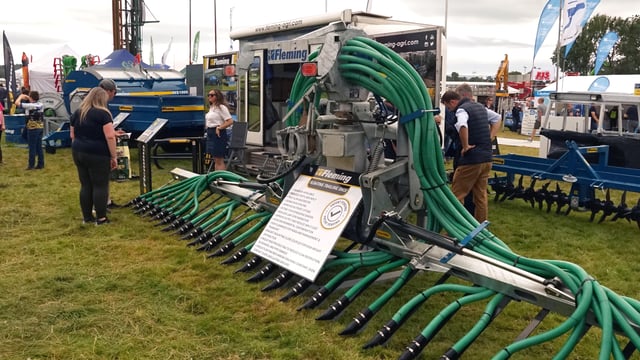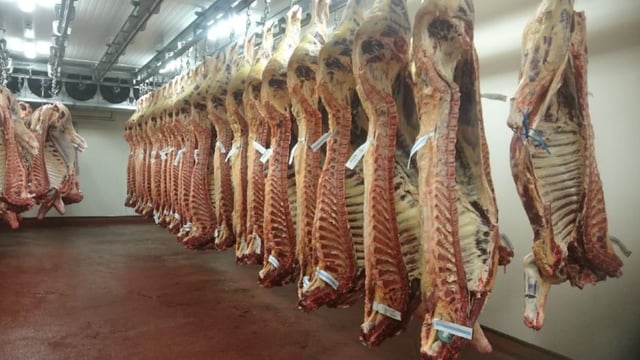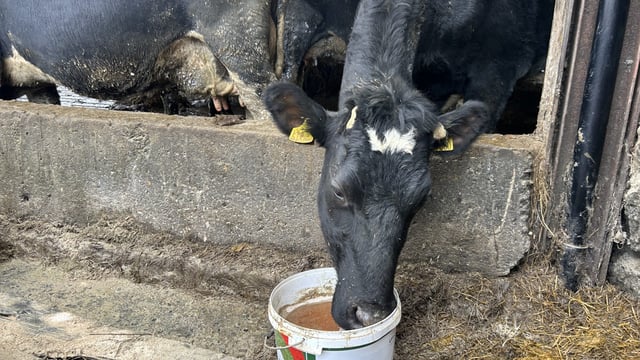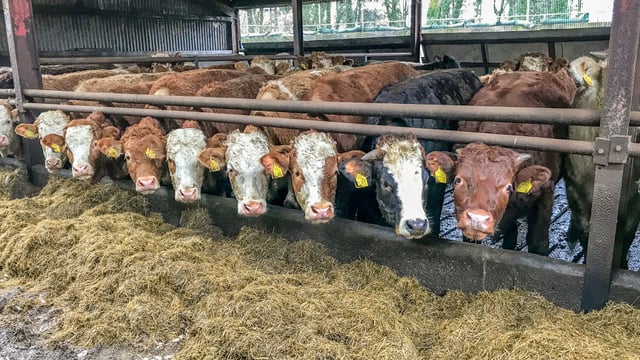Solar panel installation - what farmers should look out for
The Micro-Renewable Energy Federation [MREF] is urging farmers to take care while choosing an installer for solar panels.
Chairperson of the MREF, Ciaran Kells, believes that asking a few important questions early in the process can avoid problems further down the line.
The advice from the MREF is to ensure that the installation company has relevant and up-to-date insurance cover in place, as well as insurance that covers working at heights.
Kells said: “All personnel installing solar PV systems should have the necessary safe passes, including working at height training and sign-off qualifications for all electrical installation.
"Ideally, the installation company should also be members of a recognised professional representative organisation, such as MREF."
Before paying a deposit, it is advisable that farmers research their installer.
With a substantial government grant available for installing solar panels, the MREF chair urged farmers to "make sure the job is done right".
Choosing an independent solar panel installer gives farmers the freedom they need to make the right choice for their farm, according to the federation.
“Farmers need to ensure that they do not allow themselves to become a slave to any one utility company. Independence, and the freedom to make the right choices are important," Kells continued.
"Farmers should retain full control over who they deal with for their energy purchases. One of the reasons utility companies want a role in the installation of their customers’ solar PV systems, is to tie them into long-term contracts."
Paperwork
Some farmers have encountered difficulties with companies working within the parameters of their grant application.
Kells said he is aware of one farmer who may have to forfeit his Targeted Agricultural Modernisation Scheme (TAMS) grant.
Based on the advice of his installer, the farmer installed a 40 kilowatt-peak [kWp] system. He subsequently learned the maximum system size that he could install was 15kWp.
The MREF said the farmer is also facing the prospect of disconnecting the installation.
“Farmers need to ensure that their chosen installation company has the competencies and capacity to prepare grant application paperwork," Kells explained.
Warranties
The MREF warned farmers that they should thoroughly examine their warranty, and "question the quality of components, and the provenance of the warranties provided".
They fear that farmers often accept attractive warranties, before learning when a problem arises that they are not covered.
Kells added: "Farmers should demand that the details of warranties are explained and be clear on what’s covered and what’s not covered.”


